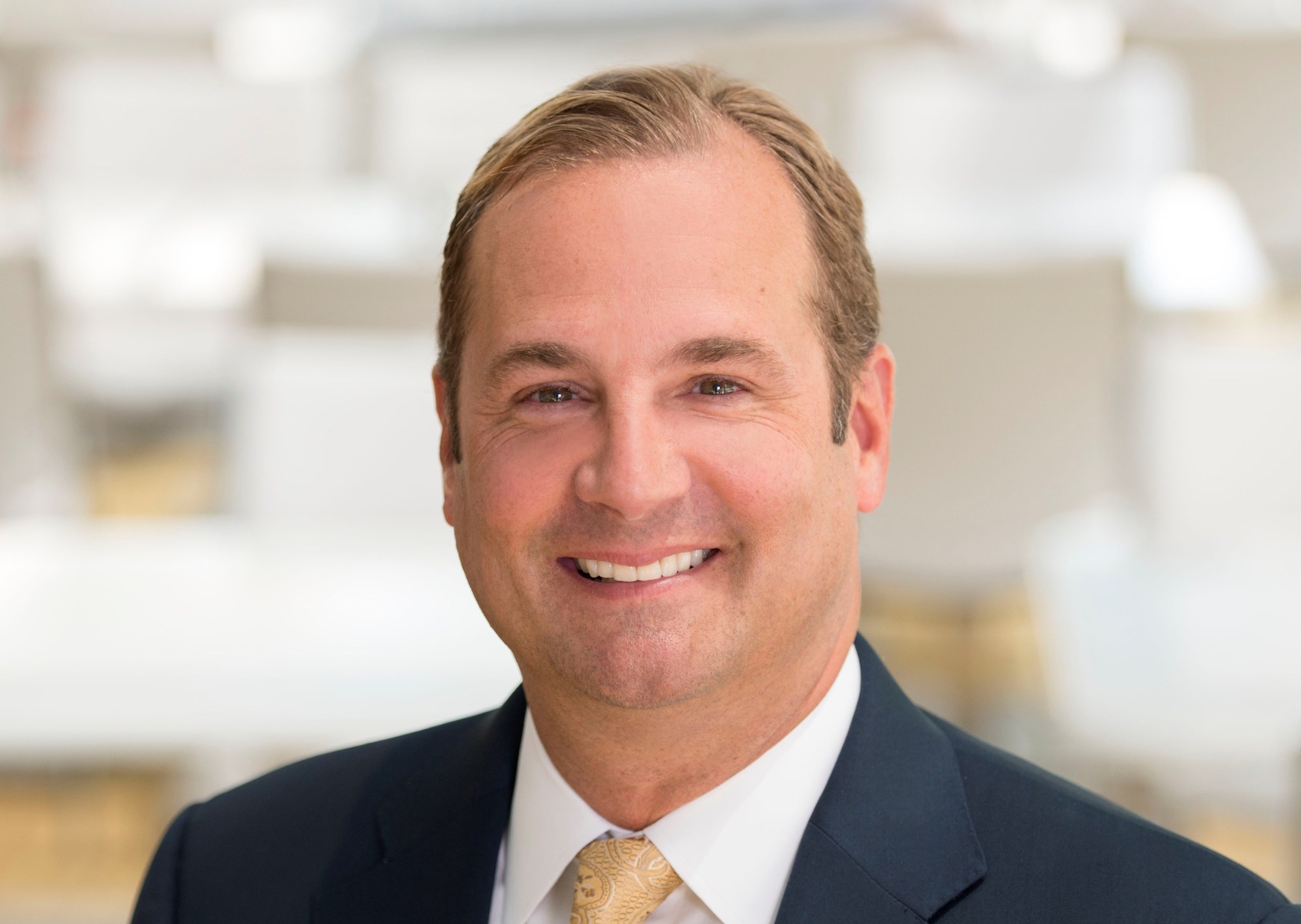
Marriott CEO Tony Capuano looks to the U.S. airlines industry as a source of inspiration, praising it for so effectively and efficiently securing government funding during the pandemic. Is this what Marriott aspires to?
Marriott CEO Loves U.S. Airlines, But It’s Not For The Service…
Capuano was lobbed a softball question in an interview with Business Traveler, “It seems like governments haven’t listened to the industry.” He starts by noting Marriott’s links to the Biden Administration, then adds:
“What we saw in the US, candidly, was our friends in the airline industry were better coordinated. When you look at some of the aid packages that the US Federal Government offered, it was because the airlines had been through this before, they had a quick and coordinated response, a well-articulated request for support and were quite successful. One of the learnings for me is that the hotel segment of travel and tourism should aspire to have that same level of coordination in the face of a future crisis.”
It’s a candid admission, noting that Marriott’s aspiration is to be organized enough to seize the moment during the next national or worldwide disaster to extract government support.
To that, he announces collusion with Hyatt and Hilton to use their employees as pawns to extract more subsidies:
“I am talking to Chris Nassetta at Hilton, Mark Hoplamazian at Hyatt and Keith Barr at IHG to build consensus across the big global brand players that we’ve got to use the power of this broad employment base to encourage governments to think and act more deliberately around helping us drive a return in travel and tourism.”
The interview also touched upon other topics.
Capuano is not interested in delivering a great product to travelers, instead focusing on safety and transparency:
“The principal thing we can do is continue the great work we have done around inspiring confidence in the safety of travel. Making sure that anywhere in the 138 countries where we operate today our guests arrive, they have a hospital grade cleanliness in their guest room, they see associates masked consistently, they see signage for social distancing, they see hand sanitizing stations at every turn, that’s probably the thing we can do best.
“We can also do a great job at communicating what to expect when you arrive and if you go to marriott.com there’s a bar you can click on that gives you very specific data at what’s going at that particular hotel – are the restaurants open, are they operating on reduced hours, is the gym open, do you require a reservation.”
But as we’ve seen, safety is red herring used to tremendously cut back services. Cost-cutting masked as safety concerns, what I call hygiene theatre, has been a particularly pernicious problem in the hotel industry during the pandemic. Based on Capuano’s own admissions, Marriott has little appetite to improve the customer service model if it comes at the expense of revenue. The best we can hope for is a clean room and transparency. Even that, it seems, can be elusive as many franchise properties still refuse to provide cleaning services “to protect the health” of employees.
One positive note. Capuano notes the hotel industry is booming in China, with not only leisure travel exceeding pre-pandemic levels, but also business and group travel. Capuano hopes a similar trend will develop in other parts of the world.
CONCLUSION
Isn’t it interesting that when Marriott talks about inspiration, it is in the context of looking to mimic airlines in obtaining massive government bailouts? Isn’t it interesting that there is no emphasis on offering a compelling product to consumers? This represents a sign of the times for the U.S. hotel industry and a sad reminder that hotels will likely continue to get away with the cutbacks, as long as they are upfront about it.
image: Marriott




Why isn’t this guy being removed by the shareholders?
Because what he said is exactly what shareholders want to hear from a CEO. This is the new reality and those who actually care about the service they get as a paying customer are few and far between. It’s sucks but it’s been proven you can F the customer over again and again and they just take it. Why wouldn’t a company see this and use it to maximize shareholder value?
@Brian
Shareholders love lining their pockets with government cash, These companies and their investors are the ultimate welfare queens.
I would assume everyone reading this blog IS a shareholder of these companies, either directly or through funds. Therefore that’s makes us the welfare queens.
@Dave, definitely not a correct assumption- particularly for those of us from outside of the USA.
@ Matthew — This guy is a revolting human being. Hospital-grade cleanliness? Thank God he isn’t a hospital executive. Hotel housekeeping is worse than it was pre-pandemic.
Translation: We need to find ways to fleece our customers even more. And we need to fleece taxpayers as well in the process.
These large corporations are eyeing themselves like African nations in the 80’s and 90’s. Or Afghanistan the past 20 years. Why fix anything when someone else is willing to just throw money their way with no accountability.
There is no getting away from the fact that the global monetary/financial system is totally dysfunctional, competition and pricing mechanisms have been massively distorted by money printed out of nowhere and given or loaned to people, companies and/or industries for reasons that have been more political than financial.
I’ve made this point before, but I think it’s worth repeating: CSA got virtually nothing in state handouts and they’re all but extinct, TAP managed to get a bit of government money late in the day, they survived but a lot of people will never fly them again due to delays with refunds. LH, on the other hand, received an 11-figure sum from the taxpayer that kept things ticking over nicely. These airlines are competing with each other in a so-called ‘single market’, but they were treated in very different ways (and they will also have to compete against the resurrected zombie of Alitalia) and reached very different outcomes.
Mr Capuano is absolutely on the ball here- the pandemic has taught us that it is sensible for a company to prioritise investment in lobbying and political affiliations as against product development or customer service.
The biggest failing for service is on Corporate America. What I mean is that all of us need to demand our procurement organization demand more from these companies. Those that won’t, shouldn’t earn our corporate dollars for air and hotel. I work for a company that spends $1B+ in travel and our procurement seeks employee feedback to take and hit these companies over the head with (obviously pre-pandemic). We can bitch and moan all we want in this forum, but I urge you to get to know your travel procurement team and get them to use the cuts in service as a negotiation.
Travel procurement team? You mean, me? 🙂
Racing to the bottom